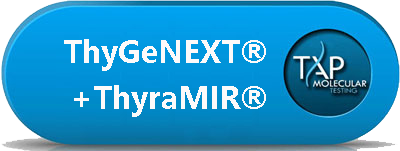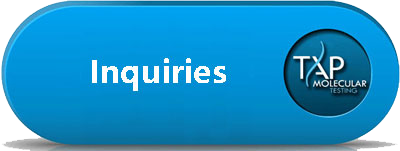
What is a thyroid nodule?
The thyroid is a small, butterfly-shaped gland located in the neck. The thyroid gland plays an important role in the body, releasing hormones that help the body use energy; stay warm; and keep the brain, heart, muscles, and other organs working properly.
Nodules are abnormal growths of cells that form a lump in the thyroid gland. They are extremely common, although why they occur is unknown. Fortunately, most thyroid nodules are harmless and not cancerous—more than 90% of thyroid nodules are benign (not cancerous).
Thyroid cancer is a disease involving thyroid cells that reproduce and grow uncontrollably, forming malignant (cancerous) tumors that invade nearby parts of the thyroid gland and can spread into adjacent tissues and lymph nodes. Most cases of thyroid cancer can be cured with surgical and therapeutic treatments.
What is an FNA?
A fine needle aspiration (FNA) is a simple biopsy procedure to collect cells from the nodule and is the standard method to evaluate a thyroid nodule. During the FNA, your physician will use a very small needle to collect the cells. It should only take a few minutes and is usually no more painful than a pinch.
What happens after the FNA?
Your FNA sample is sent to a cytopathologist for review. If the cytopathologist determines that your nodule is benign, your assessment is complete and your doctor will contact you with the results and recommended treatment plan. Sometimes cytology alone is unable to provide diagnostic certainty and the results are considered ‘indeterminant’ or “inconclusive” (not conclusively benign or malignant). In the past, surgery was recommended for most patients with indeterminate FNAs even though most thyroid nodules are benign. Today improved testing is available and your physician may order the ThyGeNEXT® and ThyraMIR® test panels which use the cells that have already been collected, avoiding another biopsy and potentially unnecessary surgery.
Learn More About Thyroid Nodules and Molecular Diagnostic Testing >>>>>>>




